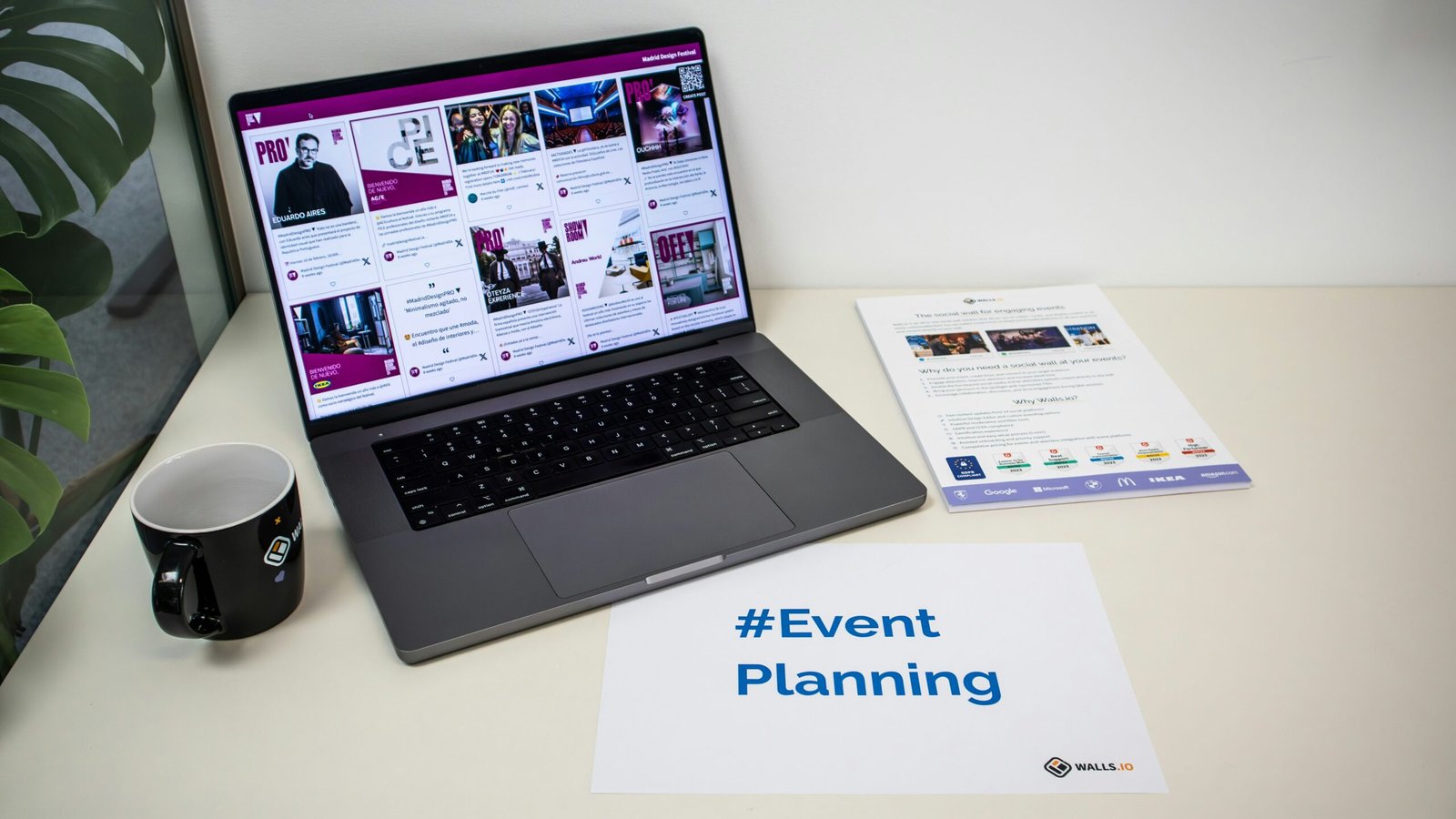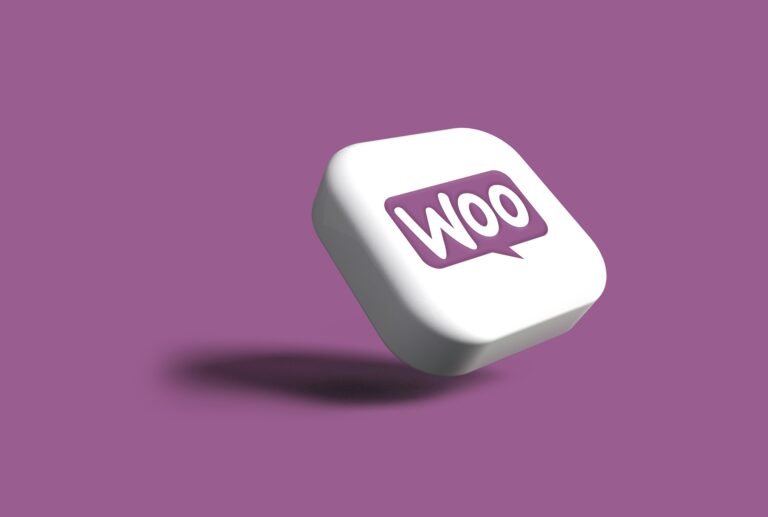
In today’s digital-first world, digital marketing is no longer optional — it is a necessity. Businesses of all sizes, from startups to global corporations, rely on online strategies to attract customers, build brand awareness, and generate revenue. Unlike traditional marketing methods, digital marketing offers real-time insights, measurable results, and the ability to target specific audiences with precision.
In this guide, we’ll cover the fundamentals of digital marketing, explore its most powerful strategies, discuss key benefits, and highlight the trends shaping its future.
What Is Digital Marketing?

Digital marketing refers to all promotional activities carried out through the internet and digital devices. It includes SEO, content creation, social media campaigns, paid advertising, influencer collaborations, and email marketing.
The beauty of digital marketing lies in its ability to reach a global audience, track performance instantly, and adjust campaigns for better results. Whether you are selling a product, offering a service, or building a personal brand, digital marketing provides the right tools to succeed.
Core Components of Digital Marketing
1. Search Engine Optimization (SEO)
SEO ensures that your website appears in search engine results when people look for related products or services. It includes:
- Keyword research
- On-page optimization (titles, meta tags, content)
- Technical SEO (site speed, mobile-friendly design)
- Link building
With effective SEO, your website can generate consistent organic traffic without paying for ads.
2. Content Marketing
Content is the backbone of digital marketing. Blogs, articles, infographics, podcasts, and videos educate and engage your audience. High-quality content builds trust and positions your brand as an authority in the industry.
3. Social Media Marketing
Platforms like Facebook, Instagram, LinkedIn, and TikTok connect businesses directly with customers. Brands can share updates, create interactive content, and run highly targeted ads. Social media is also essential for community building and customer support.
4. Email Marketing
Despite being one of the oldest digital strategies, email marketing remains incredibly effective. Personalized emails, newsletters, and exclusive offers help maintain customer relationships and drive conversions.
5. Pay-Per-Click (PPC) Advertising
PPC campaigns on Google or social media deliver instant traffic. Businesses pay only when someone clicks on their ad, making it a cost-efficient way to reach potential customers.
6. Affiliate & Influencer Marketing
Partnering with affiliates or influencers allows brands to expand their reach. Influencers, in particular, bring authenticity and trust, making them powerful allies in digital campaigns.
Benefits of Digital Marketing
Digital marketing offers several advantages compared to traditional methods:
- Cost-Effective – Lower budget requirements than TV or print advertising.
- Measurable Results – Analytics tools track every click, impression, and conversion.
- Global Reach – Connect with customers worldwide without geographical limits.
- Personalization – Campaigns can be tailored to individual customer behavior.
- Engagement – Direct interaction with customers through social media and chatbots.
Tools for Effective Digital Marketing
To succeed, businesses use a range of digital marketing tools, such as:
- Google Analytics – Track website performance and user behavior.
- SEMrush / Ahrefs – Keyword research and SEO tracking.
- Mailchimp – Email campaign management.
- Canva – Create engaging visuals and social media posts.
- HubSpot – Marketing automation and CRM.
Using these tools helps marketers save time, optimize campaigns, and improve ROI.
Future Trends in Digital Marketing (2025 and Beyond)
Digital marketing is evolving rapidly, and businesses must keep up with new technologies and consumer behaviors. The most important trends include:
- AI and Automation – Smarter tools for predictive analysis and personalized marketing.
- Voice Search Optimization – Content adapted for Alexa, Google Assistant, and Siri.
- Video and Short-Form Content – Platforms like TikTok, Instagram Reels, and YouTube Shorts dominate attention.
- AR/VR Experiences – Immersive ads and product try-ons.
- Sustainable Marketing – Brands promoting eco-friendly values gain stronger connections with consumers.
Conclusion
Digital marketing is the foundation of modern business success. By combining SEO, content, social media, email, PPC, and influencer strategies, businesses can attract, convert, and retain customers effectively.
The future belongs to brands that embrace data-driven marketing, automation, and creativity. Whether you’re a small business owner or a global enterprise, digital marketing is your gateway to growth in 2025 and beyond.






